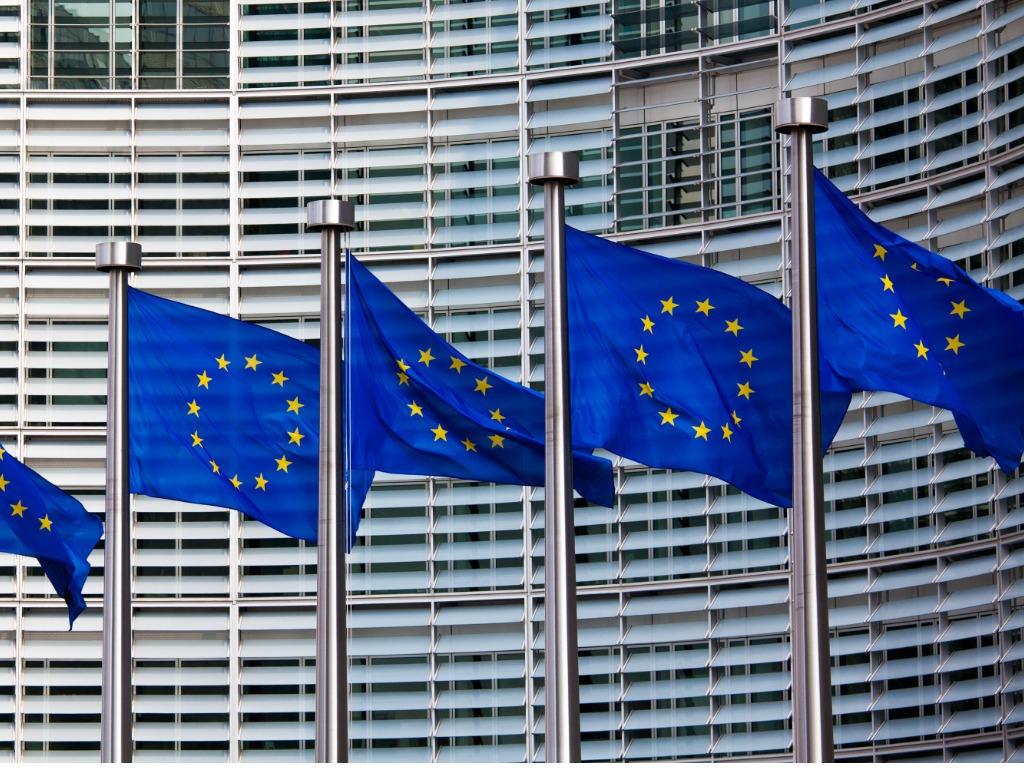
EU Lawmakers Agree to New Rules Requiring Fashion Brands to Pay to Recycle Clothes

Lawmakers in the European Parliament and Council announced that they have reached a provisional agreement on a series of new measures aimed at preventing and reducing waste in the textile and food sectors, including rules that would require fashion brands to pay for the collection and recycling of their products, with fees based on the products’ circularity and sustainability.
The agreement follows the introduction by the European Commission of proposed revision of the EU’s Waste Framework Directive in July 2023. According to the Commission, the textile and food sectors are two of the top resource intensive sectors causing significant negative environmental externalities. The EU generates 12.6 million tonnes of textile waste per year, including 5.2 million tonnes of clothing and footwear, while only 22% of post-consumer textile waste is collected separately for re-use or recycling, with the remainder often landfilled or incinerated. Additionally, nearly 59 million tonnes of food are wasted in the EU each year with estimated market value of €132 billion.
Under the new agreement, EU countries will be required to establish extended producer responsibility (EPR) schemes, currently used to manage waste from packaging, batteries and electric and electronic equipment, to cover textile producers and fashion brands that make textiles available in an EU country. The EPR would require the companies to cover the costs for their collection, sorting and recycling of their products, with fees dependent on how circular and sustainable the design of their product is, including factors such as the length of use of textile products and their durability.
The new textile rules will cover products such as clothing and accessories, footwear, blankets, bed and kitchen linen, curtains, and hats, with countries also able to set up EPRs for producers of mattresses. Council and Parliament negotiators also agreed that member states should address ultra-fast fashion and fast fashion practices when setting out the financial contributions to the EPR schemes.
The textile rules will apply to all producers, including e-commerce based companies and those based outside the EU who put textiles on the EU market. also The agreement also included a provision giving micro-enterprises an extra year to comply with the EPR requirements.
The updated directive would also establish the first-ever food waste targets at the EU level, with new binding 2030 goals to reduce food processing and manufacturing waste by 10%, on a 2021 – 2023 basis, and to reduce food waste from retail, restaurants, food services and households by 30%.
Paulina Hennig-Kloska, Polish Minister for Climate and Environment, said:
“Today’s agreement on waste textile marks a significant step towards a robust, circular, and competitive EU economy, while upholding the polluter pays principle. Additionally, the EU is for the first time setting ambitious food waste reduction targets, for more sustainable food systems in the EU.”
With the agreement in place, the updated directive will now require approval by the European Parliament and the Council, with EU member states given 20 months following adoption to update their national laws.